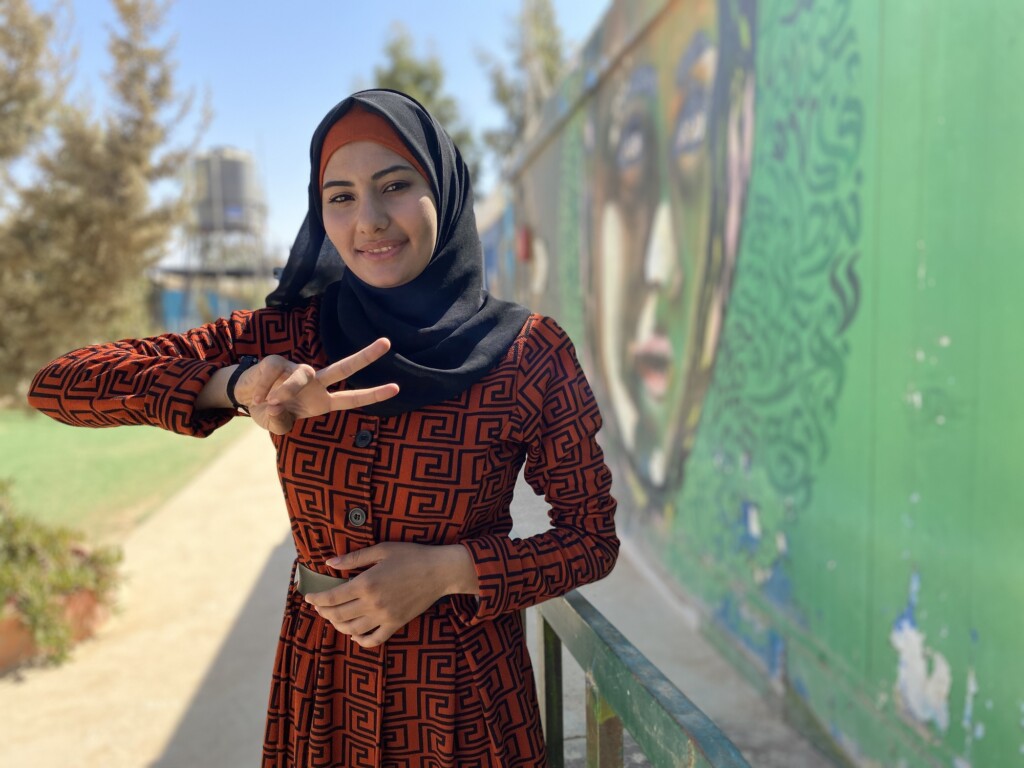Children of Jordan – اطفال الاردن
Why do we need a child rights law in Jordan?

- The child population in Jordan is about 3.8 million, constituting about 40% of the total population. The youth in Jordan constitute about a third of the population; they are the change-makers and decision-makers of the future and the ones that should be invested in to the best of our ability.
- Jordan has an assortment of national legislation related to childhood. Yet, the reality on the ground over the years has shown a weakness in coordination among the relevant official entities, accompanied by the existence of legislative gaps and loopholes related to the childhood sector.
- The existence of these gaps and loopholes along with poor coordination in role distribution at times requires the development of national legislation to serve as a standard reference document for all childhood related issues and at the same time help bridge these gaps.
- The Jordanian Child Rights Draft Law comes as a fulfilment of policies and strategies pertinent to the Jordanian family and the child.
- Aside from being a national interest and imperative, Jordan is committed, according to the International Convention on the Rights of the Child (CRC), ratified by Jordan in 1991, to introduce a law that protects children in the Kingdom. Furthermore, the International Committee on the Rights of the Child in Geneva has more than once addressed questions to the Jordanian government concerning the law, requesting for an acceleration of its adoption, as the government has already prepared the first draft in 1997, that is, about 22 years ago.
- The issuance of a child rights law is a translation of the constitutional amendments, particularly those pertinent to Article (6) of the Constitution that states: “The law shall protect motherhood, childhood and the old aged, and shall avail care for the youngsters and people with disabilities and protects them against abuse and exploitation.”
- The draft law provides comprehensive protection for the rights of children residing in the Kingdom, starting with the right to life, health, family care, protection from violence, education, the rights of the most vulnerable groups and the well-being of all children. Aside from filling the gaps in other legislation, the law also stipulates penalties for those who commit violations against children such as abuse and denial of the right to education.
- International studies show that the return on investment of one dollar in childhood ranges from 7 to 16 dollars, which would render the commitment to the law as a feasible investment for the state and society.
